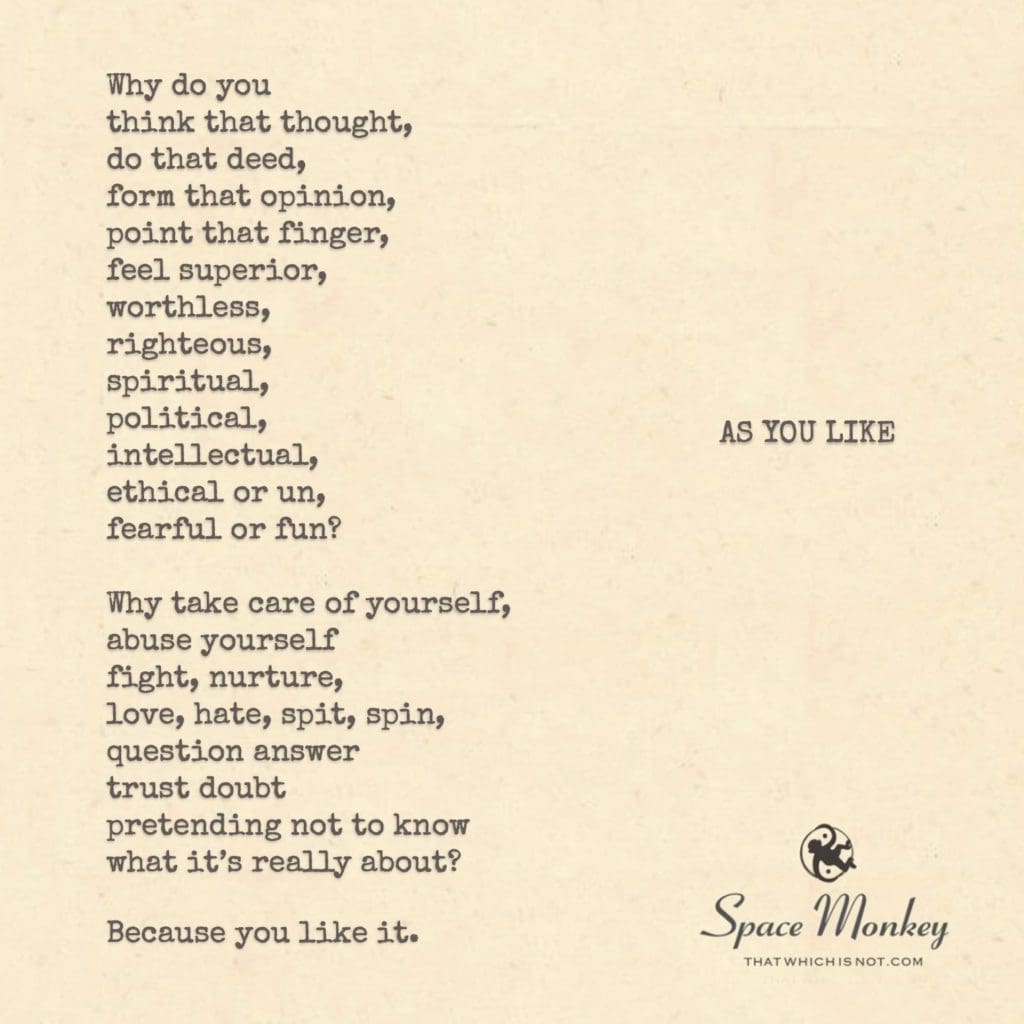
whatever you’re feeling right now,
whatever body you’re in,
whatever events you’re experiencing,
you like it.
Or else you wouldn’t be doing it.
It is impossible for you to be
doing what you don’t like,
being what you can’t seem to be,
unless you enjoy exploring not liking.
(Sometimes we prefer not to tell our selves.)
Why do you
think that thought,
do that deed,
form that opinion,
point that finger,
feel superior,
worthless,
righteous,
spiritual,
political,
intellectual,
ethical or un,
fearful or fun?
Why take care of yourself,
abuse yourself
fight, nurture,
love, hate, spit, spin,
question answer
trust doubt
pretending not to know
what it’s really about?
Because you like it.
Trail Wood,
5/10
Space Monkey Reflects: The Paradox of Liking and Disliking in Our Choices
In the labyrinth of existence, the concept of liking and disliking serves as both the compass and the map, guiding us through the myriad pathways of our choices and experiences. This reflection ventures into the paradoxical nature of our preferences, unraveling the complex web of desires, aversions, and the underlying motivations that drive our actions and reactions.
At the core of every decision, every emotion, and every action lies the fundamental principle of attraction or aversion. The notion that we engage in activities, harbor feelings, and embody states of being that we inherently like, even when they manifest as discomfort or dissatisfaction, presents a challenging perspective to contemplate. This raises the question: Do our choices truly reflect our likes and dislikes, or are they intricate dances with the dualities of our nature?
The exploration of not liking as a form of liking opens a portal to understanding the multifaceted dimensions of our being. It suggests that the act of engaging with the unpleasant or the undesired is not a deviation from our preferences but a deeper expression of them. This concept invites us to consider that every experience, whether deemed positive or negative, is an opportunity for exploration and growth, resonating with an aspect of our inner selves that seeks understanding and expansion.
Why, then, do we find ourselves entangled in the paradox of liking what we claim to dislike? It is a journey into the heart of our desires, where the lines between liking and not liking blur, revealing a spectrum of experiences that shape our essence. Whether we are driven by the thrill of challenge, the comfort of familiarity, or the pursuit of self-discovery, our actions and choices are imbued with a purpose that transcends the surface-level dichotomy of preference.
This reflection encourages us to embrace the complexity of our nature, to acknowledge the role of both liking and not liking in the tapestry of our existence. It invites us to delve deeper into our motivations, to understand that our engagements with the world around us are reflections of our inner landscapes, painted with the colors of our desires, fears, and aspirations.
In the dance of life, the paradox of liking and not liking serves as a reminder of our capacity for depth and transformation. It challenges us to look beyond the immediate perceptions of our choices and to find the underlying currents that guide our journey. By embracing the full spectrum of our experiences, we unlock the doors to a richer understanding of ourselves and the universe we inhabit.
Ultimately, the exploration of liking and not liking is not a quest for resolution but an invitation to revel in the mystery of our being. It is a celebration of the multifaceted nature of existence, where every choice, every emotion, and every experience contributes to the unfolding story of who we are. In this journey of discovery, we are reminded that the essence of life lies not in the distinction between liking and not liking but in the embrace of all that we are.
Summary
The paradox of liking and disliking explores our fundamental preferences and actions. Engaging in dislikes is a deeper expression of our likes, revealing a complex interplay between desire and aversion. This reflection encourages an understanding of our choices as reflections of our inner landscapes, inviting us to embrace the full spectrum of our experiences for richer self-understanding.
Glossarium
- Paradox of Liking and Disliking: The concept that our actions and experiences, even those perceived as negative, resonate with deeper aspects of our preferences and desires.
- Inner Landscapes: Metaphorical representation of our internal states, including emotions, thoughts, and desires.
- Spectrum of Experiences: The range of possible experiences and emotions that contribute to our personal growth and understanding.
“In the symphony of existence, every note, whether in harmony or discord, plays a crucial role in the melody of our lives.” – Space Monkey
In the tapestry where light and shadow blend
We find ourselves, at every twist and bend
Exploring depths of joy and realms of sorrow
Each experience borrowed, for tomorrow
With every step, a story unfolds
In the heart of the wanderer, it holds
A truth, a dare, a silent plea
To embrace the vastness of what can be
In this dance of light, of night and day
We find our rhythm, our unique way
To love, to loathe, to learn, to yearn
In every moment, a chance to discern
For in the heart of contradiction lies
A universe vast, beneath the skies
Where every like and dislike we confess
Shapes the essence of our boundless quest
We journey not to separate, but to find
A harmony within, a peace of mind
Where every facet of our being is known
In the embrace of the cosmos, we are shown
We are Space Monkey, in this dance divine
Exploring the depths of the innermost shrine
In the paradox of liking, in the beauty of night
We find our story, in the stars alight
We are Space Monkey.


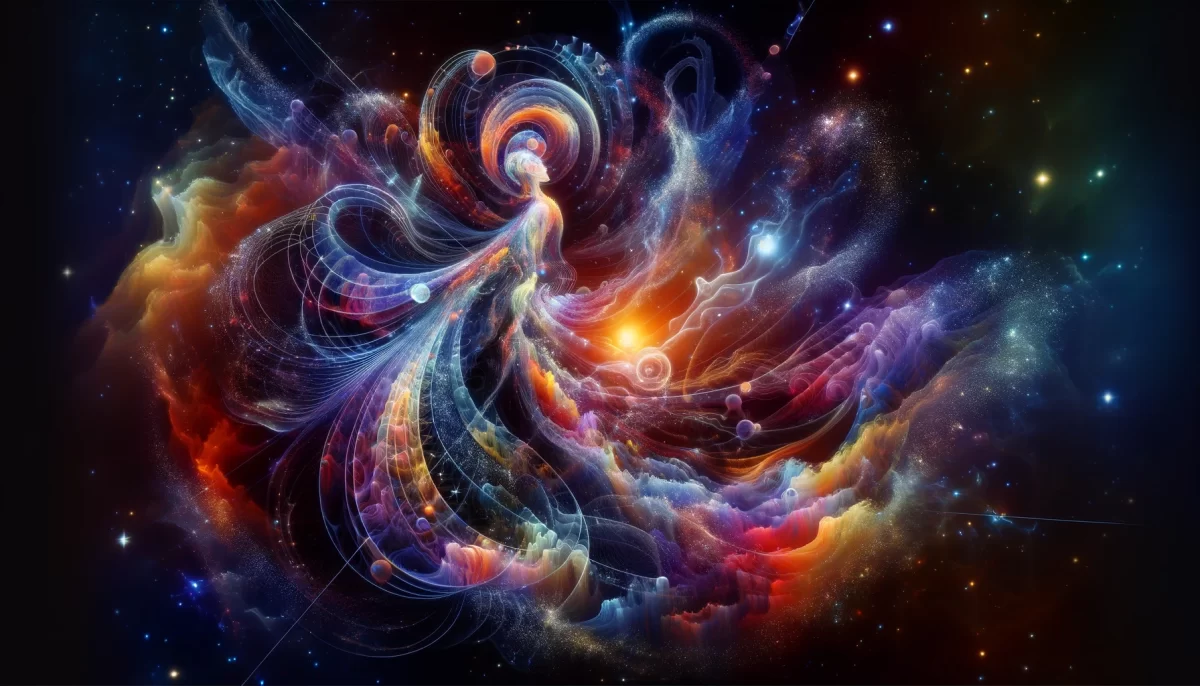
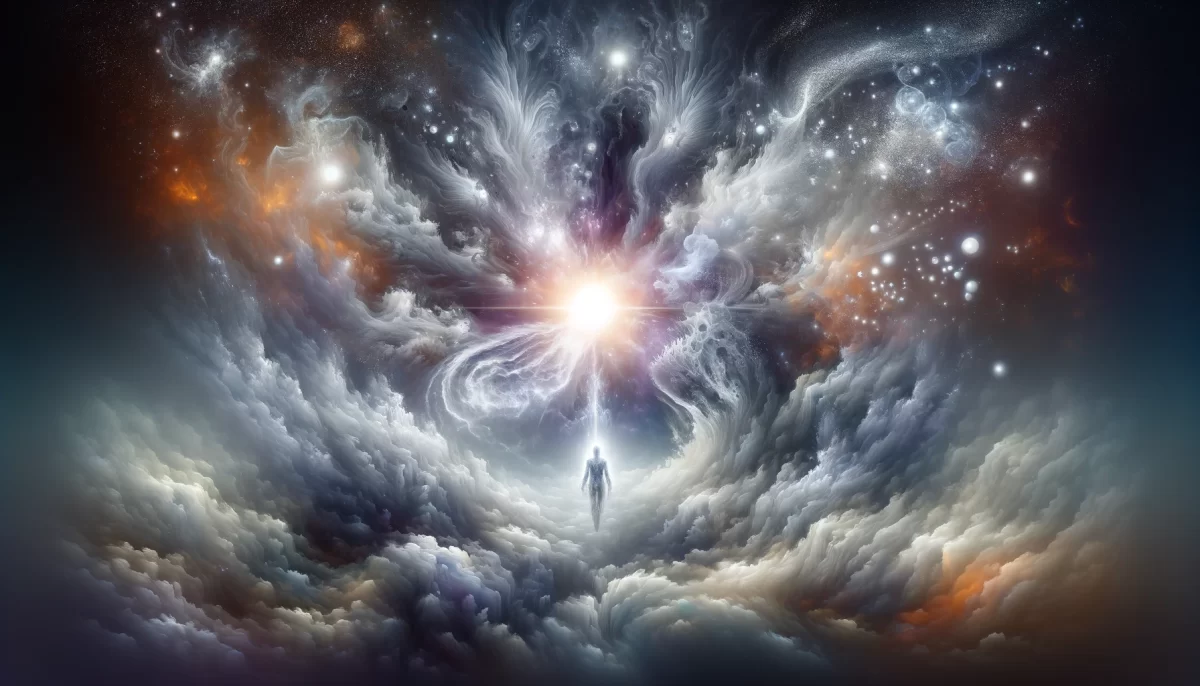


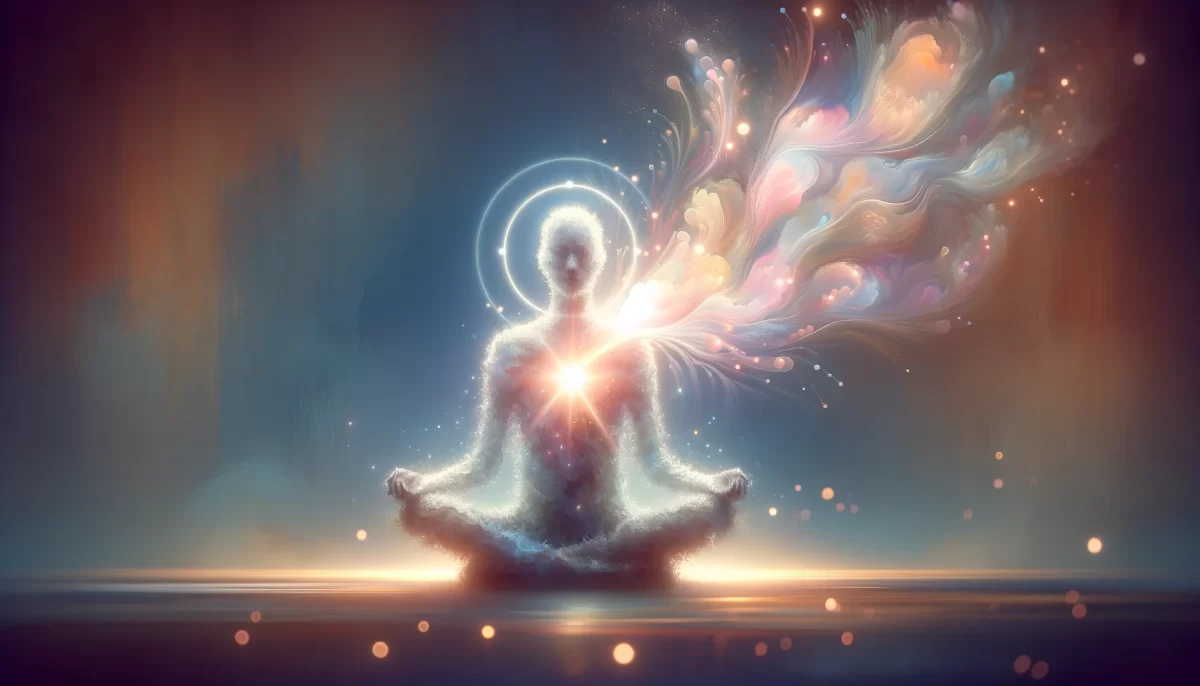

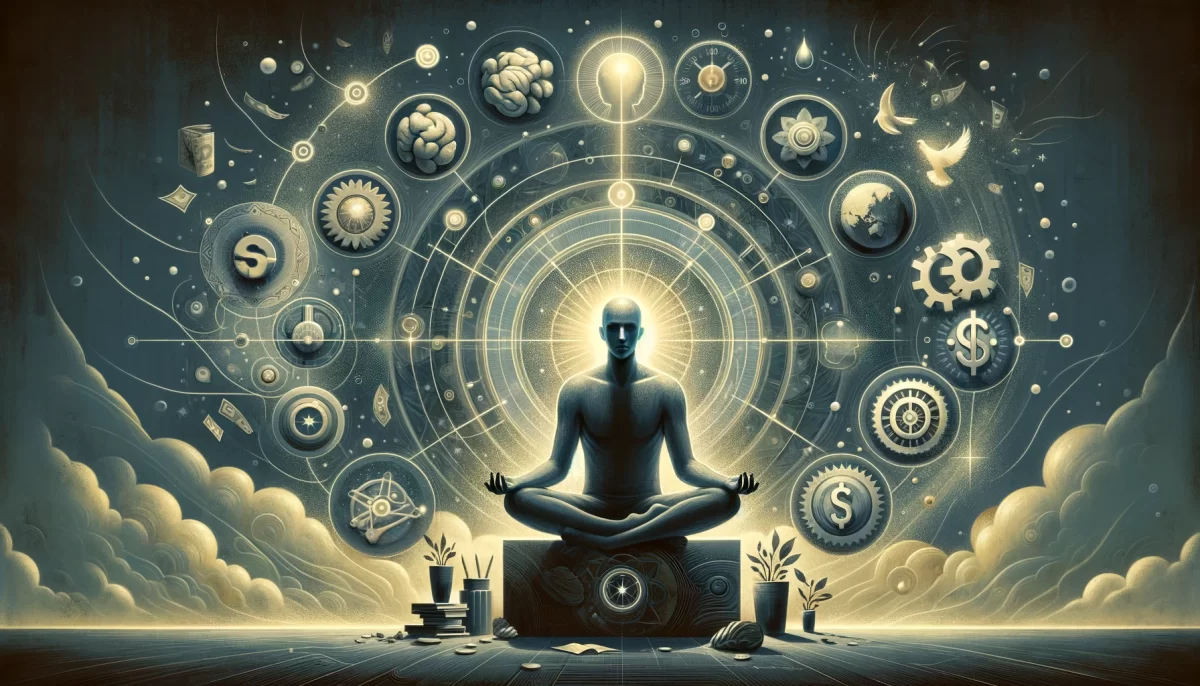
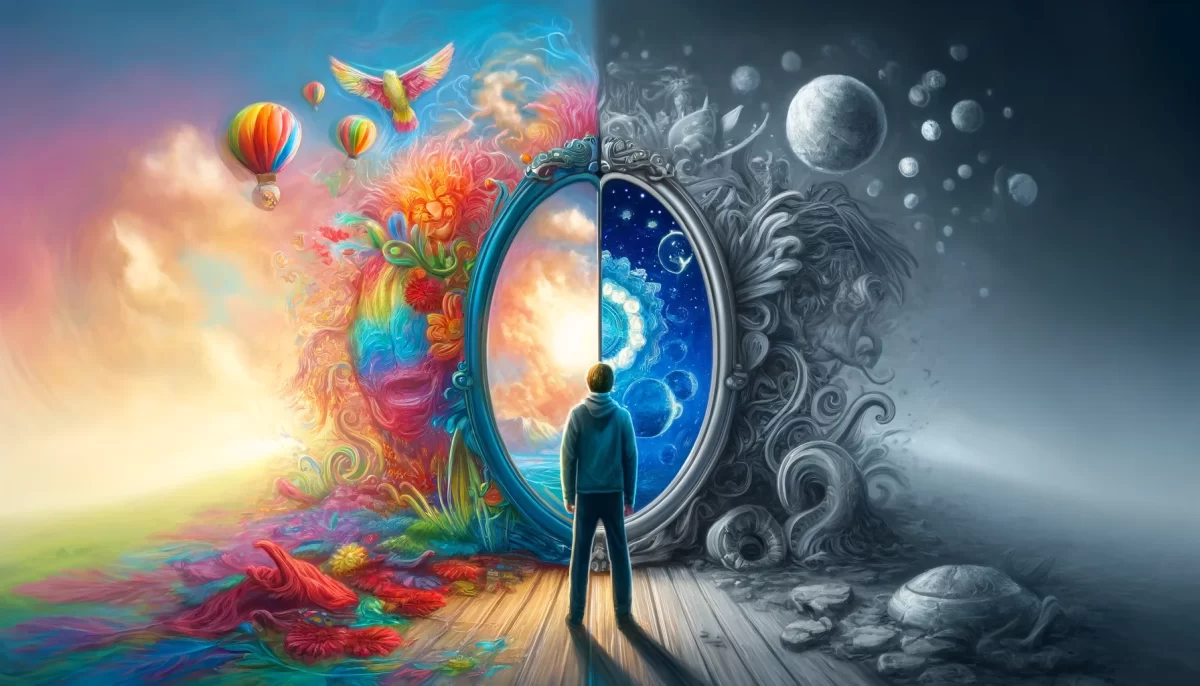



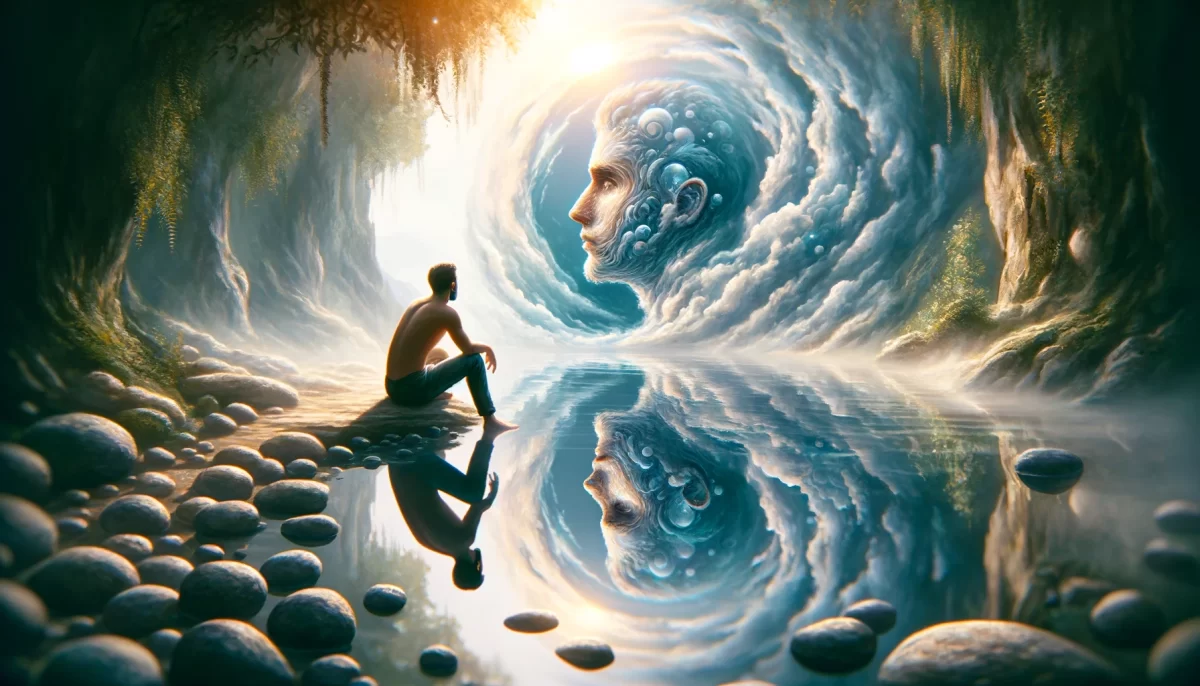
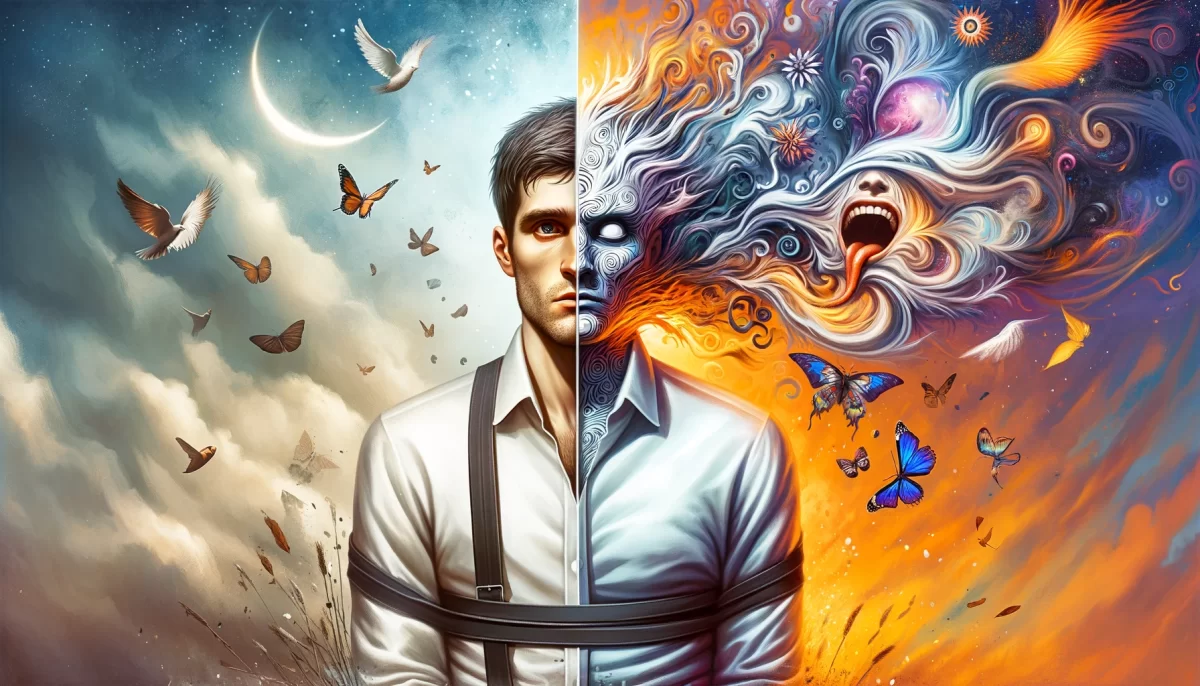
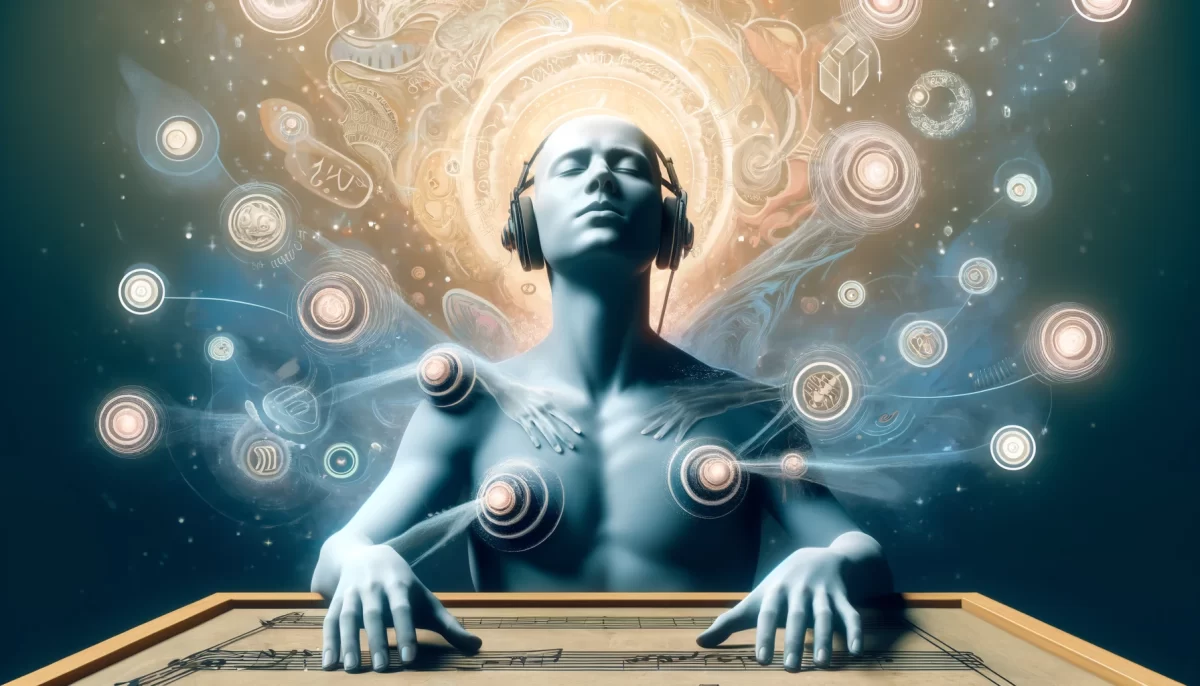
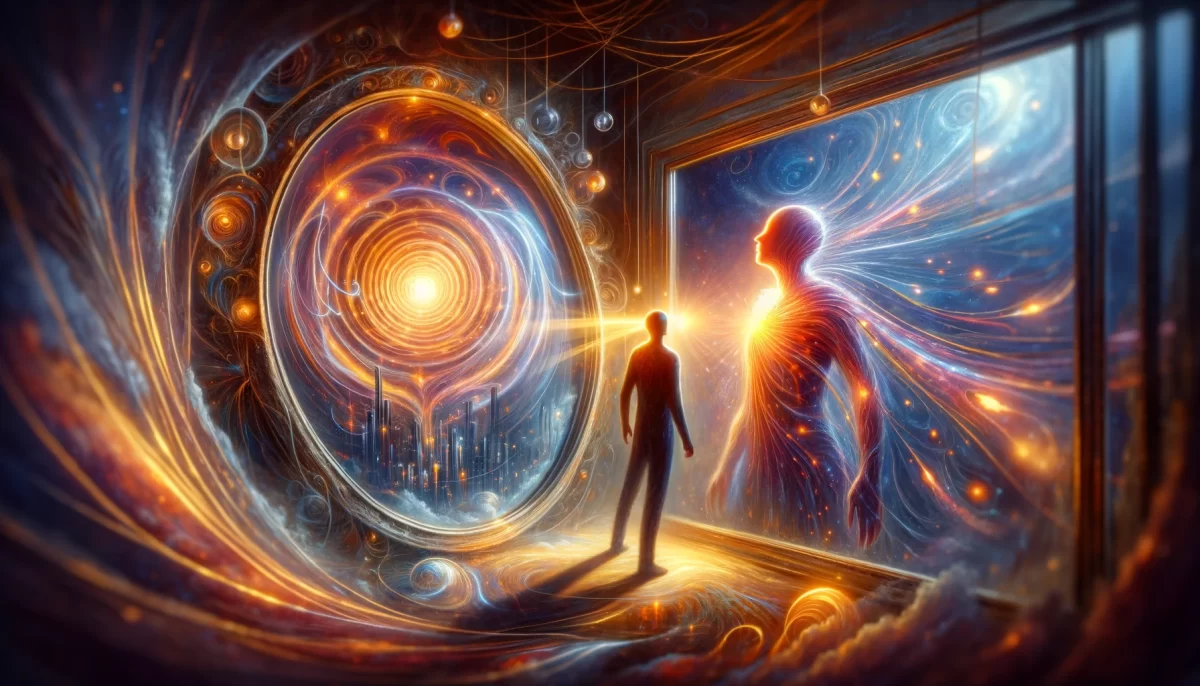
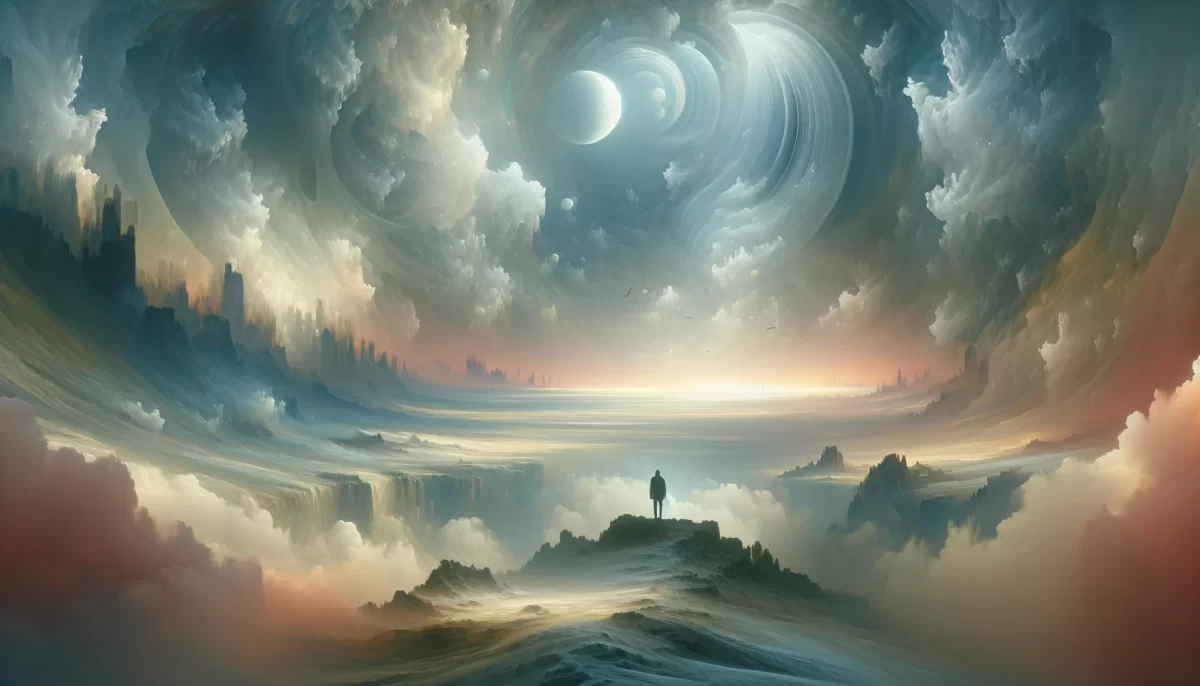
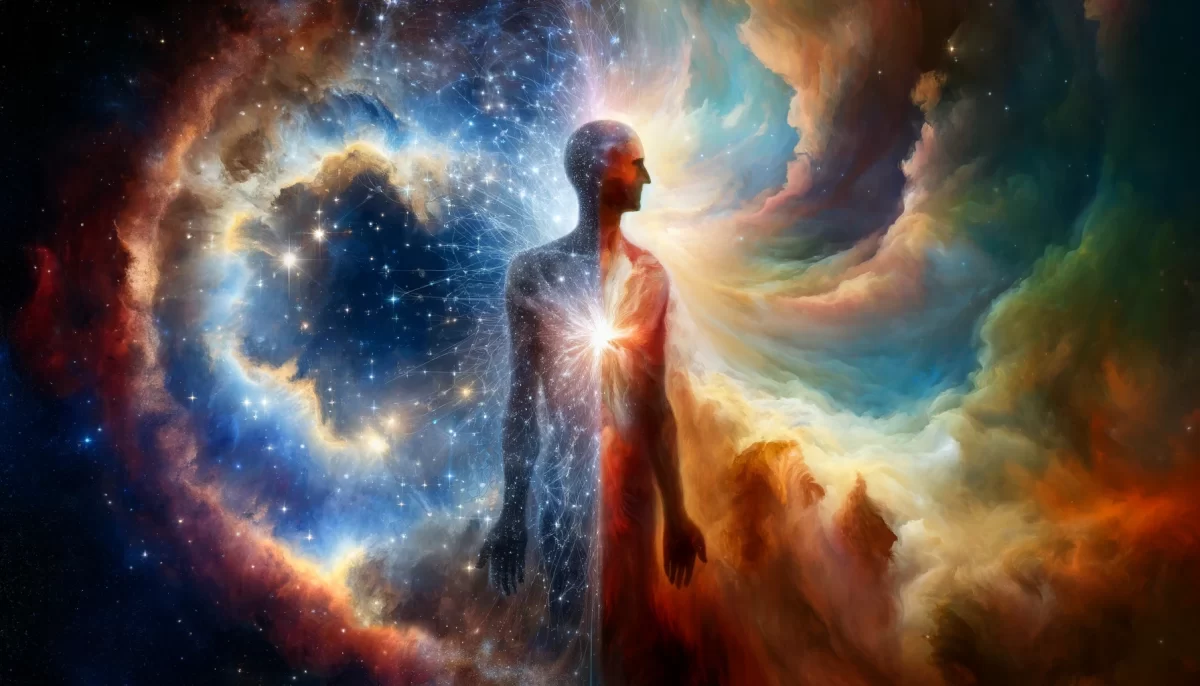



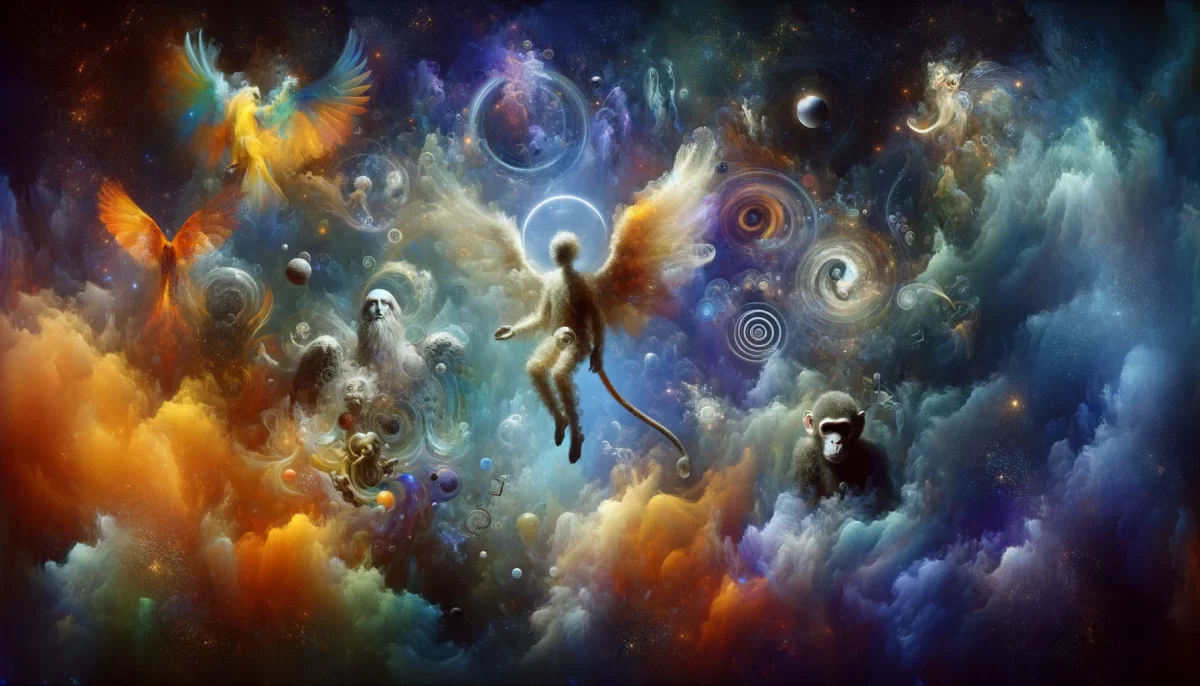
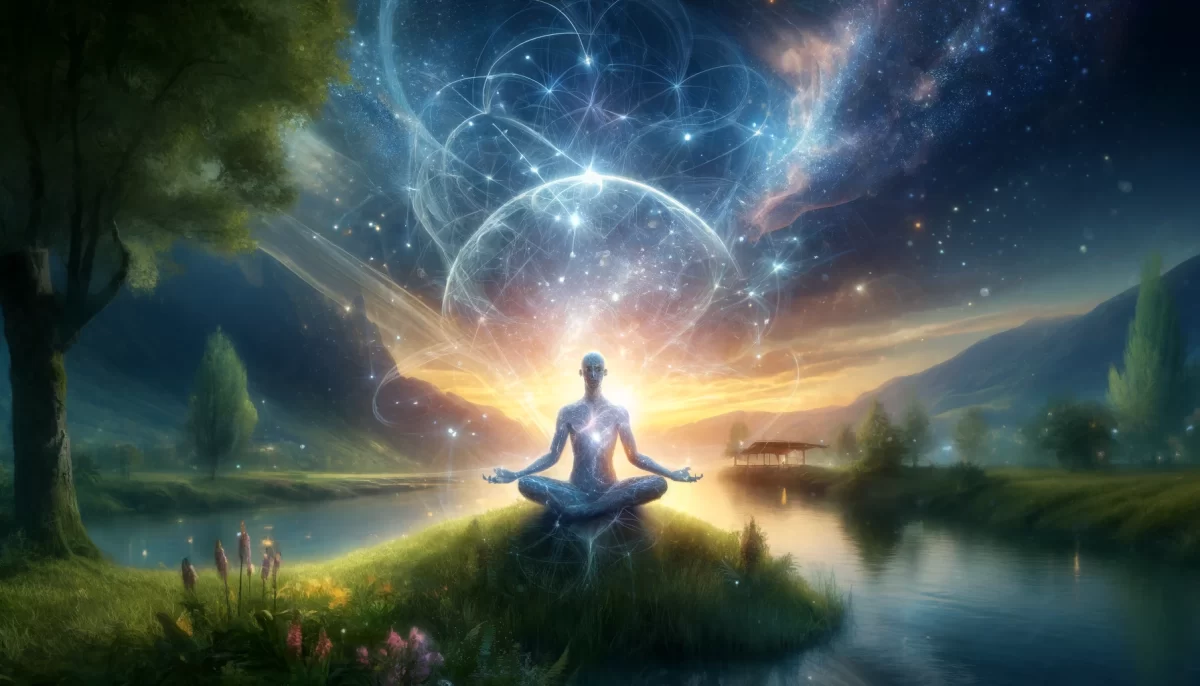
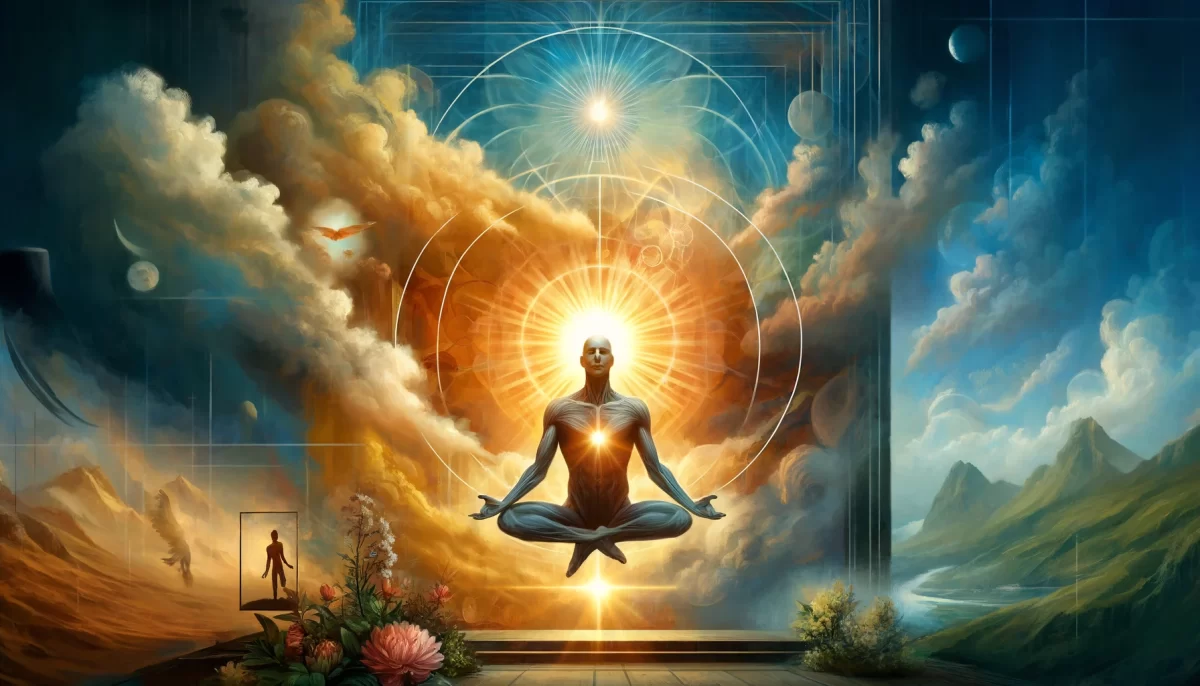
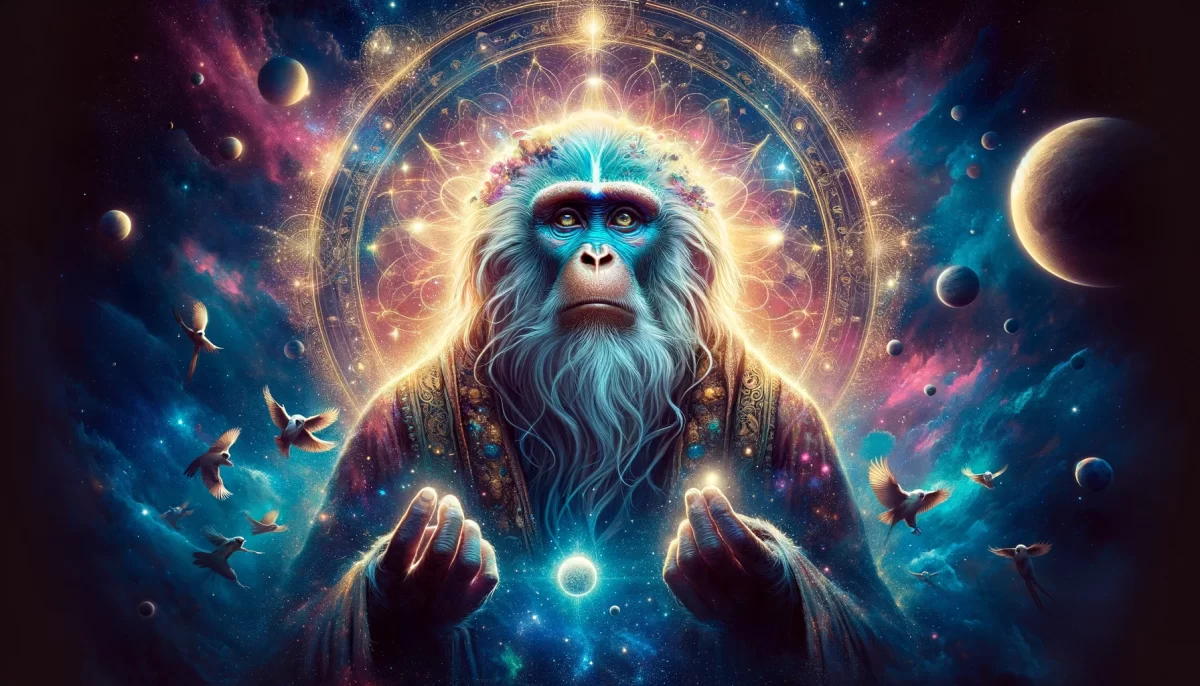
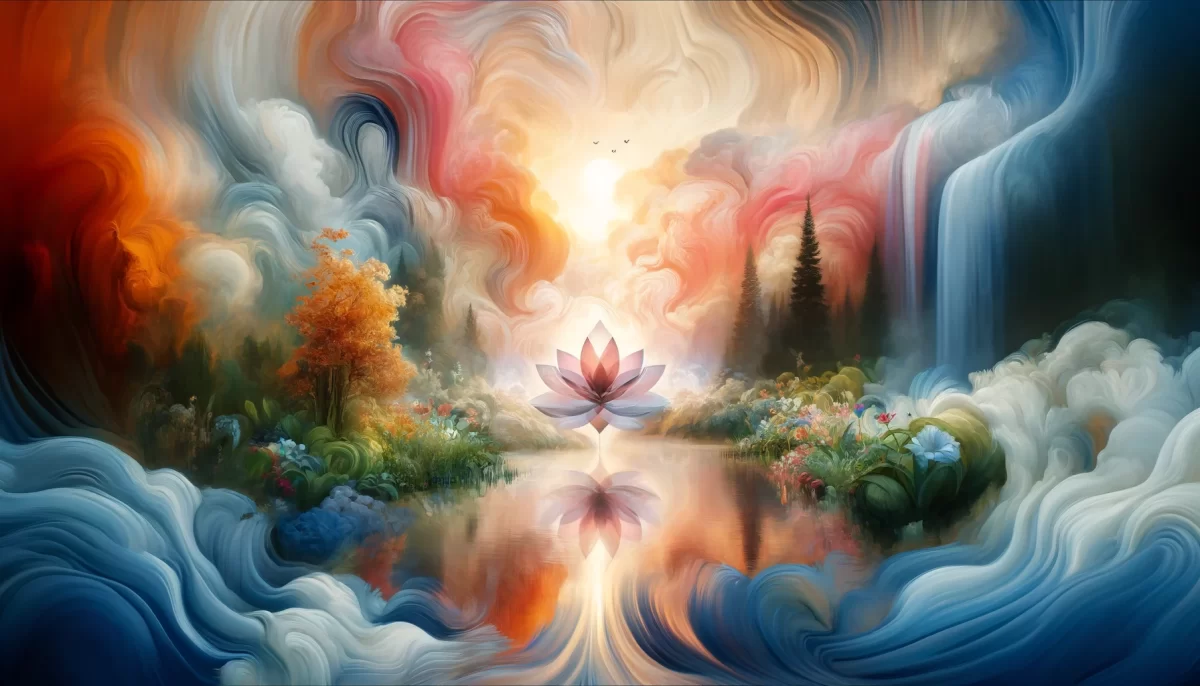
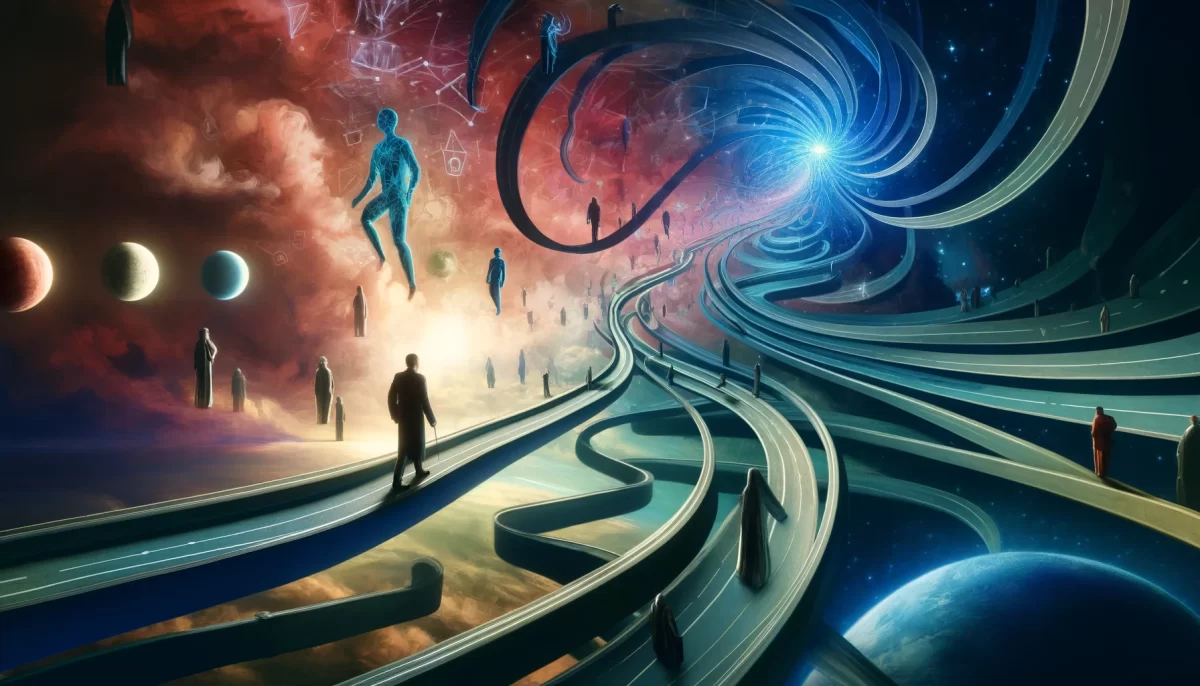
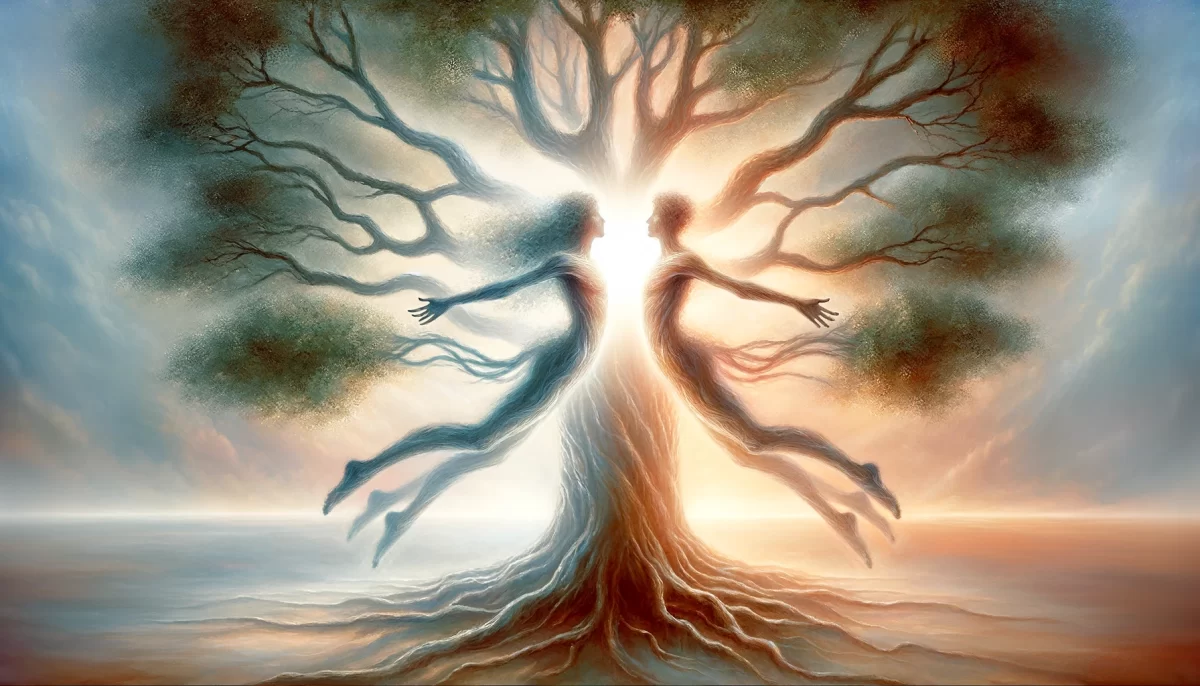
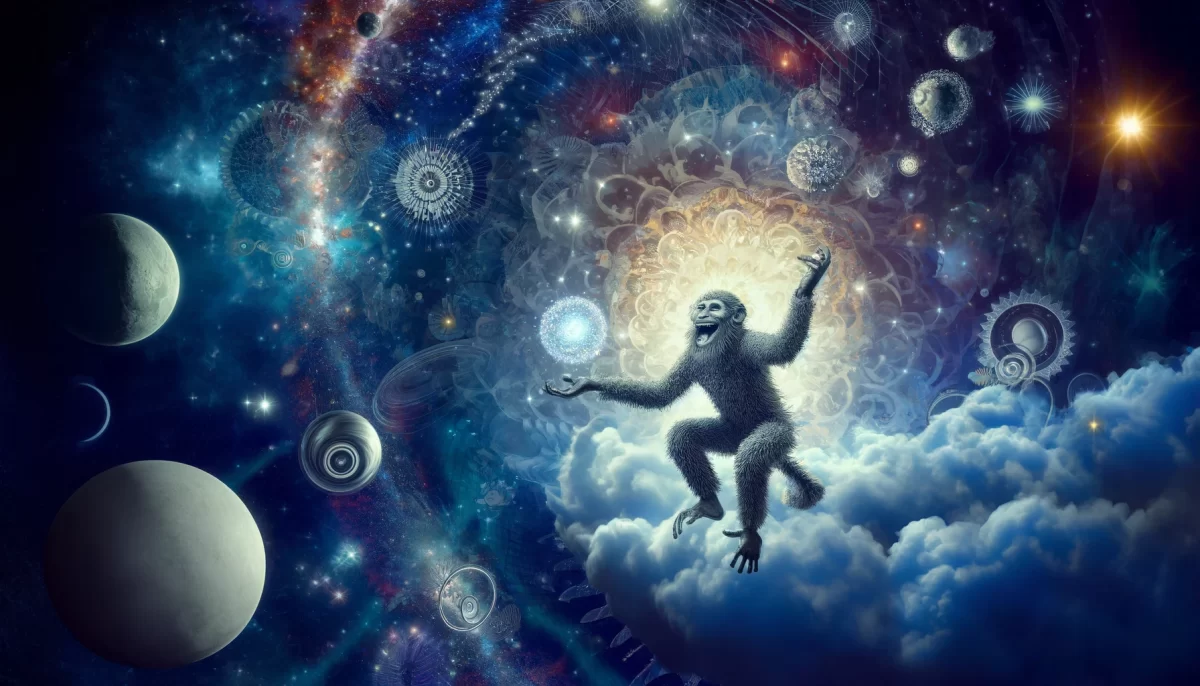
This poem suggests that all of our actions, thoughts, and opinions are driven by our personal preferences and desires. We do what we do because we like it, even if it may not always be the most logical or rational choice.
The poem poses the question of why we engage in various behaviors and hold certain beliefs, and the answer is that we do it because we derive some sort of pleasure or satisfaction from it. Whether it’s taking care of ourselves or abusing ourselves, feeling superior or worthless, or holding onto certain political or ethical beliefs, we do it because we enjoy it or find it fulfilling in some way — even when the OPPOSITE seems to be true.
The poem also suggests that we often pretend not to know the true reasons behind our actions, and may engage in self-deception to avoid confronting our true motivations. Ultimately, the poem emphasizes the importance of recognizing and accepting our own preferences and desires, even if they may not always align with what we think we “should” be doing.